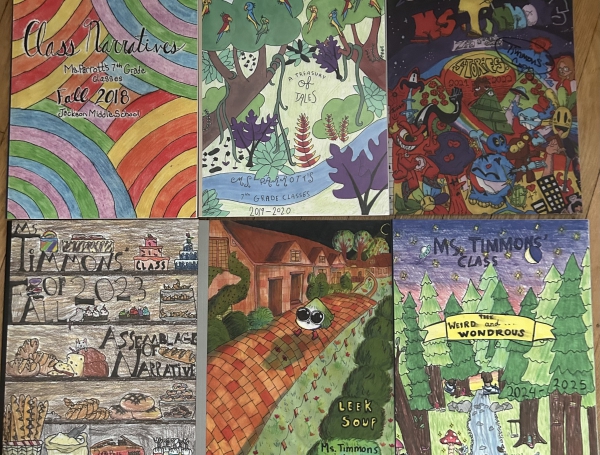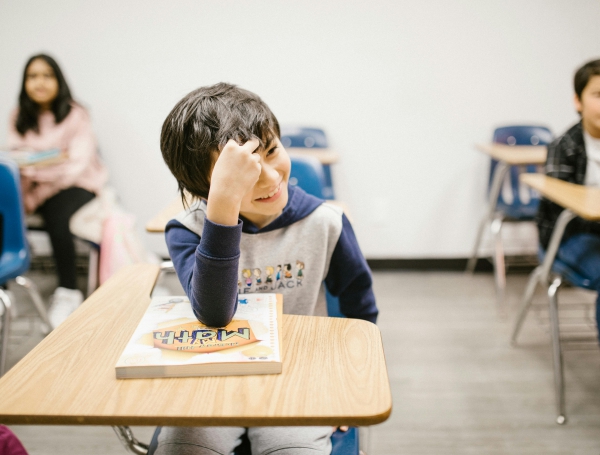

The World We Want Program: Life Learning that Makes a Difference
August 8, 2017
Are you and your students passionate about making the world a better place? Are you a teacher who strives to bring real world, hands-on experiential education to your classroom? In The Heritage Institute’s World We Want self-design program, K-12 teachers are engaging in truly transformational learning, making a difference doing what they care about, and having fun!
The World We Want program was originally developed by THI president Mike Seymour and past Director of Special Programs Ann Amberg as a way to support teachers attending the landmark 2007 Seeds of Compassion event in Seattle, WA. This event and the Dalai Lama’s visit helped to raise awareness of the value of compassion and mindfulness in the classroom.
In 2008, The Heritage Institute coordinated the training of a group of Northwest leaders to be presenters of a transformative educational program founded by the Pachamama Alliance that explores the challenges facing humanity and the opportunities we have to create a new future based on partnership systems that honor and sustain all life. We were inspired to offer teachers the opportunity to earn professional development credit supporting their leadership and activism, and we invited them to propose self-designed projects based on four focus areas of social justice, ecoliteracy, inner well being and community service.
Utilizing the flexible, work-at-your-own-pace framework of the World We Want program, supported by the one-on-one mentorship that I offer, teachers worldwide are engaging in new forms of experiential self-learning and community service. To strengthen capacities that 21st century students need to lead the way into an uncertain future, World We Want teachers and their students benefit from systems approaches that connect the dots between social justice, ecoliteracy and inner well-being: they plant school gardens, create public art, serve their community, encourage student leadership, teach mindfulness in the classroom, explore their bioregion and celebrate the complex webs of interrelationship that connect people and earth systems.
Over the years I’ve been continually inspired (more accurately, awed) by the innovative projects, the dedication to teaching with integrity, and the depth of whole-person learning generated by World We Want teachers. Public and private school educators, overseas teachers, those who are home-schooling their kids, Waldorf and nature-classroom teachers, and those who are taking a break from the classroom or recovering from illness and seeking personal growth have all connected with me over the years to propose self-designed projects that are as diverse as each person’s life circumstances.
Rachel Rothman, a former educational leader at Grove High School in Oregon, created an experiential nature-based retreat and companion curriculum for her World We Want project where teachers learn and practice an embodied approach to teaching in the context of systems and sustainability models. Rachel presented a comprehensive and well-researched set of holistic lesson plans that she will implement in her retreat for teachers, and also will be teaching a professional development class through Portland State University.
Rhonda Marquardt, a math teacher in Mukilteo, WA, used her sabbatical to travel in Africa and teach with a volunteer organization that paired visiting educators with local classrooms. She lived with families and taught in sometimes-challenging conditions in four countries, while keeping a blog online documenting her experiences for her World We Want classes. Her candid and personal reflections in her writing moved me deeply. She wrote that her goal was to gain a deeper understanding of the cultural background of her diverse classroom, in which many students were African immigrants. Her experiences during her travels and her personal growth enabled her to be a better leader, bring back new forms of teaching that are culturally appropriate and inclusive, and share these new perspectives with colleagues. She recently (July 2017) completed another teaching project in a remote village in Ecuador, and has been elected as a US Global Teaching Ambassador.
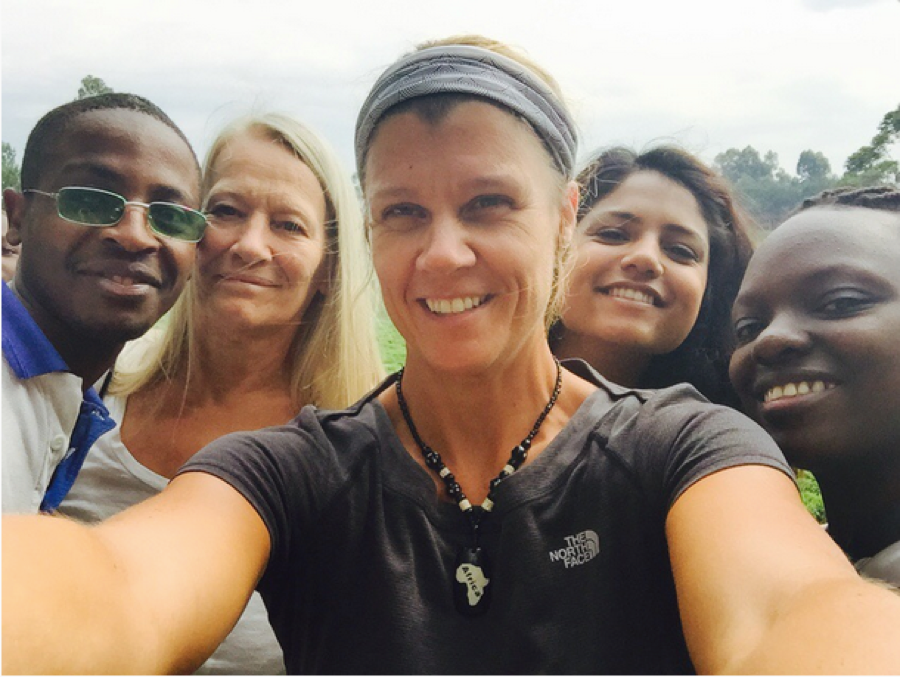
Teacher Rhonda Marquardt, with colleagues in Ghana, 2015
Julie Jansen, teacher and mother in Portland, OR, founded Mind Move Make, an innovative after-school program for young students that integrates mindful awareness, yoga-influenced movement, and visual art. For her World We Want project she documented her learning in a Mindful Schools program that offers training for teachers applying mindfulness skills in the classroom.
Treothe Bullock, a secondary science teacher in Portland, OR, is an activist, writer and filmmaker engaged in environmental justice work. For his World We Want course, Treothe wrote articles for his blog and researched and edited media that supports public awareness of colonization, land title law and genocide of native peoples as well as discussion about the restoration of Celilo Falls, a sacred indigenous site along the Columbia River.
Art Rzasa is a Stevensville, MT outdoor educator who focused his World We Want project on exploring ways to incorporate mindfulness practices in writing, art, and/or science instruction that takes place in the outdoors. Art met with potential partner organizations in Montana and Oregon and with colleagues to discuss how mindfulness practices could be applied both in summer workshops and in regular public school outdoor education curriculum.
Tara Branham, a middle school teacher at Sunnyside Environmental School in Portland, OR, took her sabbatical on Maui, volunteering as an environmental activist and community educator. For her World We Want project, she documented her volunteer work with the Hawai’i Wildlife Fund monitoring endangered Hawksbill sea turtles. Along with a team she participated on night patrols, recording information on sea turtle nests and hatchlings. She also educated the local community on key environmental issues.
Tara writes: “It is important to look at how our earth and how the people and creatures on it are affected by the choices made by individuals— it is important to make the right ones. For example, banning plastic bags in Portland, Oregon, assists efforts to help sea turtles, and I believe endorsing plastic bag bans in other areas would be extremely helpful”.
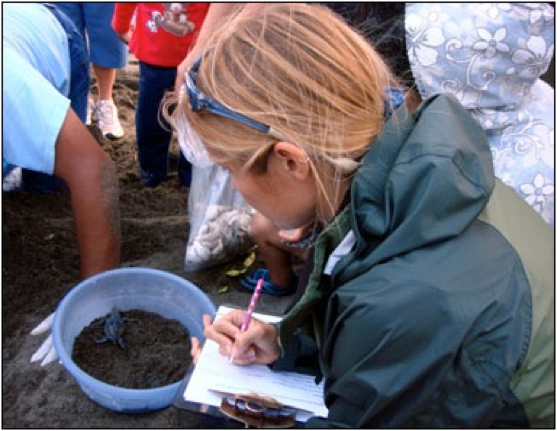
Tara Branham records data on endangered sea turtles on Maui
It’s easy to propose a World We Want project—just contact Ann Amberg at annamberg@whidbey.com or call 360-632-3793.
There are 5 courses to choose from:
World We Want 1 credit (10 hours)
World We Want 2 credits (20 hours)
World We Want 3 credits (30 hours)
World We Want 4 credits (40 hours)
World We Want 5 credits (50 hours)
The World We Want program encourages creative exploration; you don’t necessarily need to have to have a project plan in mind before you register, and you can mix unrelated activities or projects in one course. Teachers who are completing large or ongoing projects occasionally take more than one World We Want course simultaneously. The program features an open-ended Learning Journal in which teachers log their activities and reflect on their learning.
Many teachers discover new avenues of interest as a result of their self-research, inner exploration, an event they attended, nature-based learning, or community service. The World We Want structure has the built-in flexibility to enable you to expand and deepen your learning over the six-month duration of the course.
A World We Want teacher writes:
“The fact that the class is self-paced worked perfect for me. In addition, I also appreciated how open-ended the work was, which allowed for my creativity to come through. The class also allowed me to integrate real-world issues; many of which I am involved with on a regular basis. What made the class most appealing and worked for me was the activities requirements because it forced me to investigate what volunteer options or other activities were available in my community. I feel this is an important piece to the class because while I was participating in the activities I was not only looking at it through a participatory lens, but I was also looking at it through an educational lens”.
The World We Want program offers professional development your way: propose your project idea, design your course and have fun sailing your learning into uncharted territory!
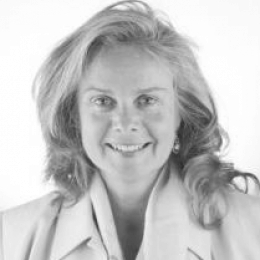 Ann Amberg, M.C.S. is a holistic thought leader, educational consultant and mentor, online course facilitator and artist. She designed and instructs courses for the World We Want program and was past Director of Special Programs at The Heritage Institute. Ann facilitates leadership development in applied transformational ecology in the US and the UK. She founded the online program “What Does the Universe Do?” and currently serves as Assistant Director of Leadership & Learning Programs at the Center for Partnership Studies. She is training as a soul guide in Deep Imagery and has a professional background as a book designer. She received a B.A. in Environmental Studies: Integral Ecology and a Master’s degree in Contemporary Spirituality. She lives on Whidbey Island, WA.
Ann Amberg, M.C.S. is a holistic thought leader, educational consultant and mentor, online course facilitator and artist. She designed and instructs courses for the World We Want program and was past Director of Special Programs at The Heritage Institute. Ann facilitates leadership development in applied transformational ecology in the US and the UK. She founded the online program “What Does the Universe Do?” and currently serves as Assistant Director of Leadership & Learning Programs at the Center for Partnership Studies. She is training as a soul guide in Deep Imagery and has a professional background as a book designer. She received a B.A. in Environmental Studies: Integral Ecology and a Master’s degree in Contemporary Spirituality. She lives on Whidbey Island, WA.
Visit Ann's Facebook page: The World We Want



